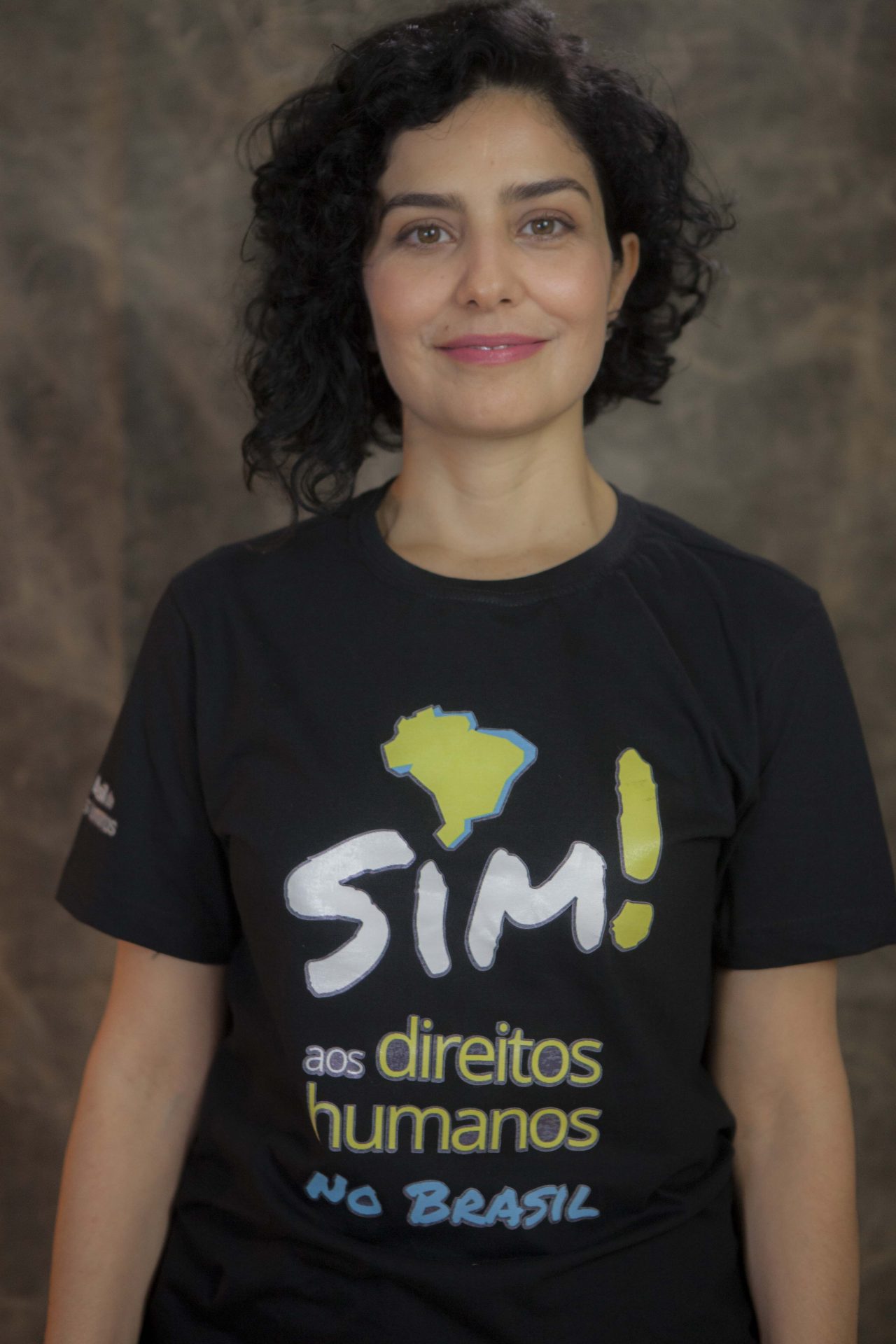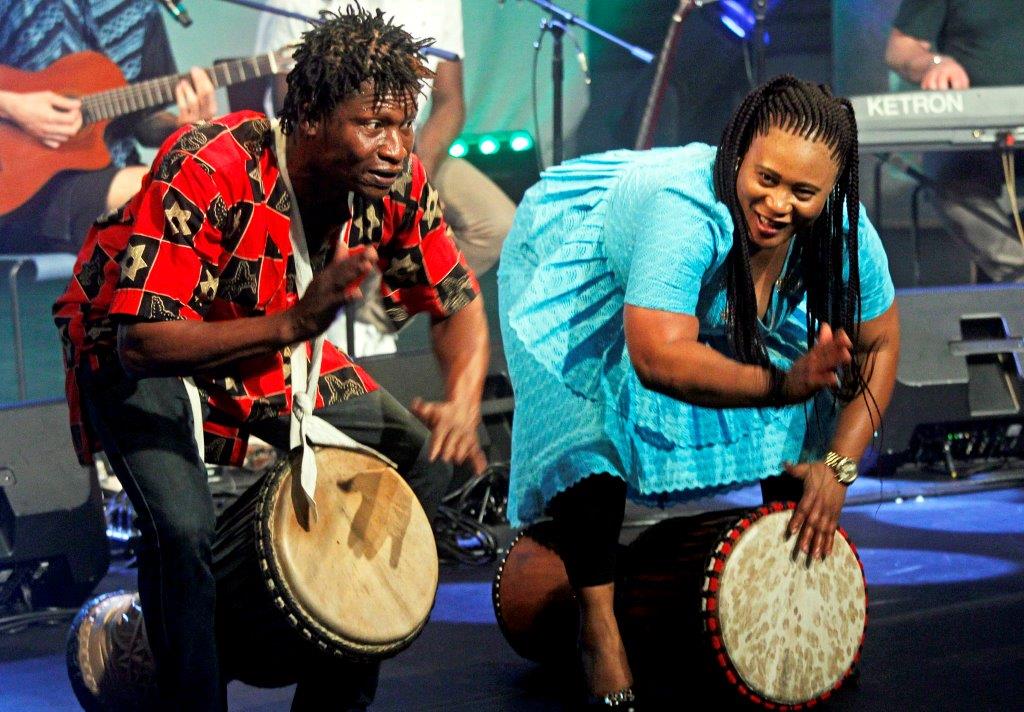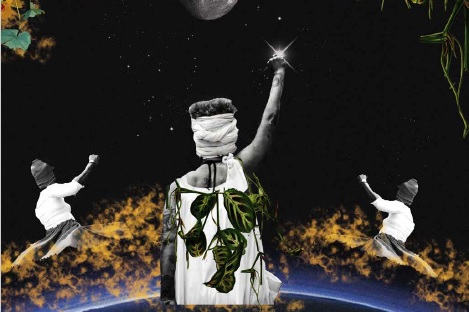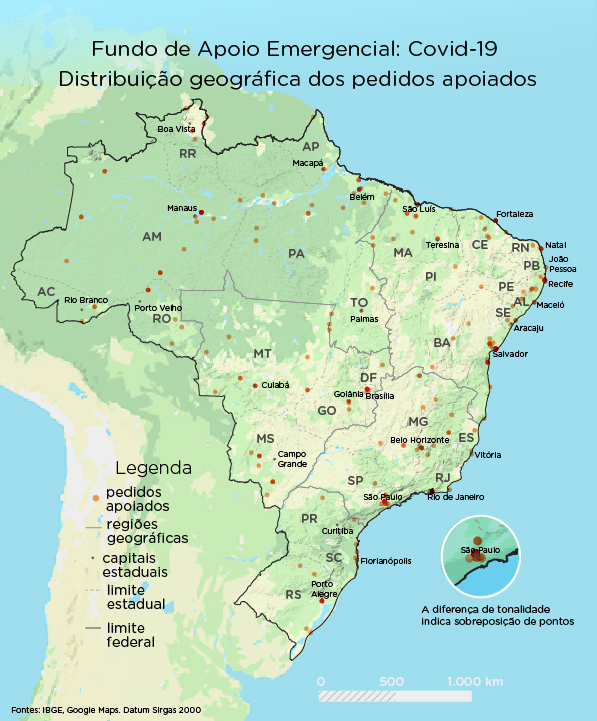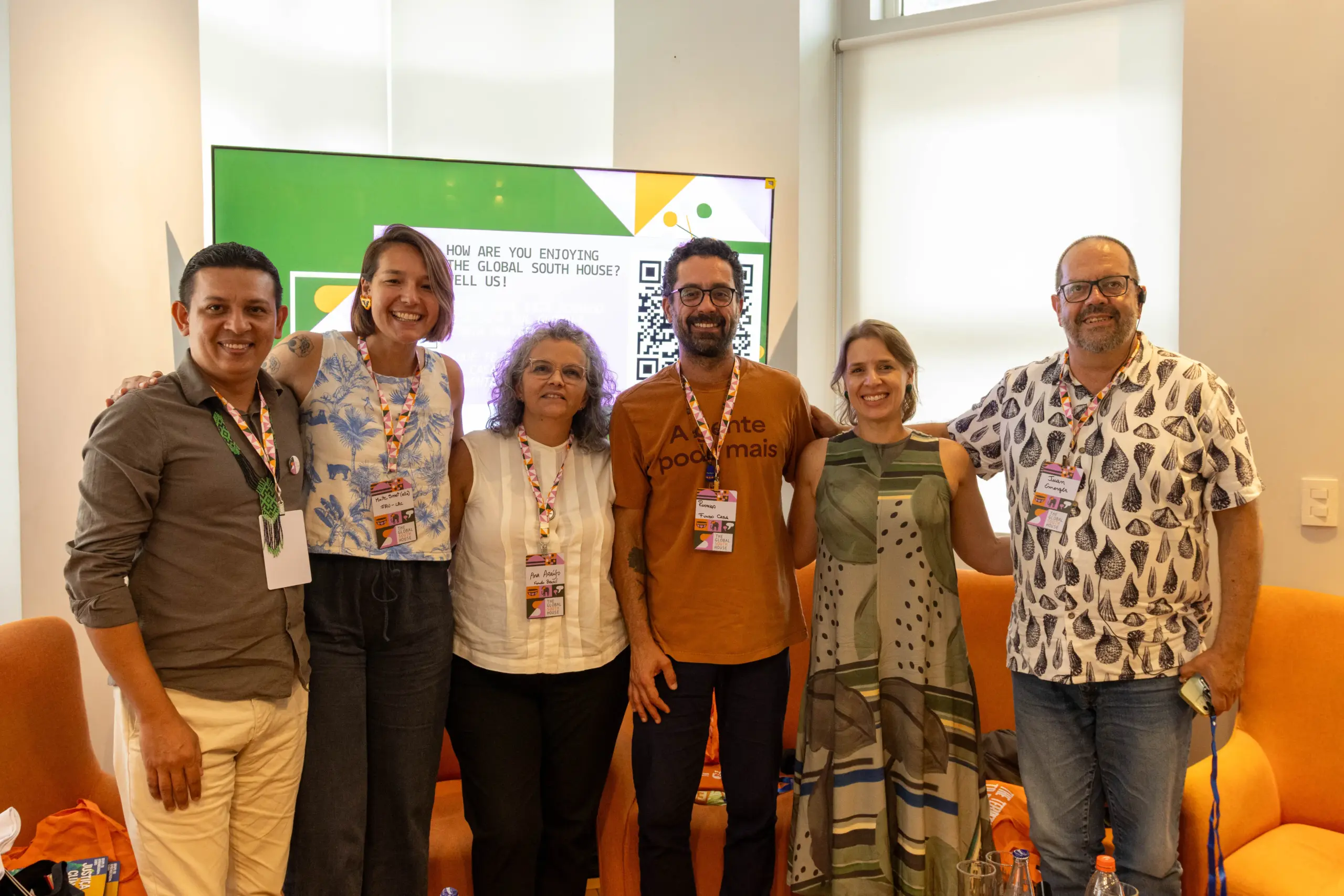
Francisco Alan Santos, Maite Smet, Ana Valéria Araújo, Rodrigo Montaldi, Anna Nascimento e Juan Camilo Mira. Photo Sofia Hage – Ventos do Norte
This Monday (November 17), the panel “Climate Justice and Human Rights Defenders: financing to protect life and territories” brought together human rights organizations at The Global South House. They debated one of the most pressing challenges on the climate agenda: how to safeguard activist who work at the frontline, defending the territories, forests and human rights.
The panel was hosted by Fundo Casa Socioambiental, who invited The Brazil Fund to present its experience in supporting those who protect basic rights. The organization highlighted its emergency and structural actions in at-risk territories and the importance of financing mechanisms that combine speed, listening, and a continuous presence with the communities.
The debaters reinforced that there cannot be climate justice without protecting those who defend life and the environment. They also highlighted the relevance of financing led by Global South Organizations that are present in the territories on a daily basis and have deep knowledge of the communities.
The debate was moderated by Maitê Smet, from the Urgent Action Fund for Latin America and the Caribbean (FAU-LAC). She opened the panel by stressing that the rise in violations is evident throughout the region.
“The number of requests for help grows year after year. In 2024 alone, we received over 850 emergency support requests, and we were only able to support half of them. It is a scenario of criminalization, racism, attacks on territories, and the advance of extractivism. Even in countries with political openness, such as Brazil and Colombia, we continue to register murders and disappearances.”
Violence in the Territories and the Work of the CPT
Francisco Alan Santos, coordinator of the Comissão Pastoral da Terra (Pastoral Land Commission)(CPT/Pará), presented the daily risks faced by rural workers, indigenous peoples, quilombolas, and traditional communities.
“Since the invasion of Brazil, our communities have lived through land collapse, land grabbing, and violence. The work of the CPT is grassroots, focused on training, agroecology, strengthening women and youth, and, above all, creating protection networks. Nothing is done alone. Without a network, protection is impossible.”
Francisco stressed that protection must be understood as a collective process: “Protection is not just an individual measure. It is collective, it is a network, it is ancestry, it is ensuring that defenders can continue to exist.”
Experience and Trajectory of the Brazil Fund
Ana Valéria Araújo, Executive Director of the Brazil Fund, presented the history of the Protection Program for Defenders, which was built based on the direct demands of grantees over the years. “Our work is born from listening. It was by listening to our partners that we understood it was necessary to create a specific program for protection,” she stated.
She explained that the work is structured into two complementary fronts. “The first is emergency support, aimed at the immediate protection of life, physical and emotional integrity, and access to legal support during moments of greatest risk. The second is structural support, driven by comprehensive security public calls, which strengthen the resilience of organizations in the medium and long term, creating conditions for them to build their own protection methodologies.”
Between 2019 and 2024, the Brazil Fund carried out 185 emergency support actions, totaling approximately R$1.7 million destined for legal, emotional, security, and safe relocation measures.
Ana Valéria also reinforced the strategic role of Global South funds in this scenario of violence against those who defend rights: “It is necessary to strengthen Global South funds, because these are the funds that have capillarity and a daily presence in the territories. They are the ones who can make resources arrive quickly to confront threats.” She summarized the meaning of protection work: “There is no standing forest without a living defender. Protecting defenders is the only way to protect the future.”
The Work of Fundo Casa Socioambiental
Rodrigo Montaldi, Program Manager at Fundo Casa Socioambiental, reinforced that the institution’s defenders program also emerged from listening and urgency. “Emergencies were daily. We created a quick response fund to ensure speed and security. Since 2019, more than 350 defenders have been supported.”
The program operates in an integrated manner, with actions including quick response, strengthening community communication, popular legal advice, and direct support for organizational strengthening.
For Rodrigo, the defense of human right defenders is only possible if there is “strengthening and a trust-based relationship with the networks in the territories. Without this connection with the grassroots networks, nothing happens. Protection depends on confluence, as Nego Bispo says. Protecting defenders is protecting territories, democracy, and our common future.”
Regional Perspective from Colombia
Juan Camilo Mira, Executive Coordinator of Fondo Emerger in Colombia, presented a critical overview marked by violence, criminalization, and a profound absence of the State. “Colombia is a country full of armored cars and, at the same time, entire regions lacking a State, lacking internet, lacking any form of protection. Most of the violence stems from illegal economies that often have some degree of state legalization. We created Emerger because the urgency was absolute.”
He explained that the fund seeks to strengthen already active human rights organizations that have experience and consolidated rapid response mechanisms. “Working with those already in the territory avoids duplicating efforts and prevents us from wasting time and resources creating parallel structures.”
Addressing regional cooperation, Juan reinforced that protection needs to follow the dynamics of conflicts. “Conflicts cross borders. And protection needs to cross them too. We cannot remain isolated. It is essential to share strategies, data, and emergency mechanisms.”
International Philanthropy and Field Challenges
Anna Nascimento, Regional Director for Latin America at Porticus, presented the perspective of international philanthropy, which is currently facing a global retraction in funding for human rights agendas. “There are reputational fears and political pressures that make some topics sensitive, and this directly impacts the flow of resources. Our challenge is to contest narratives and show why this support is indispensable.”
She advocated for an expanded view of integral security: “When we talk about integral security, we are talking about strengthening autonomy, governance, communication, and emotional health. All of this is protection.” Anna also reinforced the centrality of socio-environmental leaders for the climate agenda: “There is no climate action without strengthened organizations in the territories. There is no possible adaptation without living defenders.”
Regarding South-South cooperation, she pointed out a decisive opportunity for mutual learning between countries and organizations, where philanthropy can be an ally by promoting connections, exchanges, and direct support. She also highlighted the relevance of knowledge management: “Latin America has decades of experience accumulated in complex democratic cycles. We need to register these strategies, systematize lessons learned, and put them at the service of the region.”






















